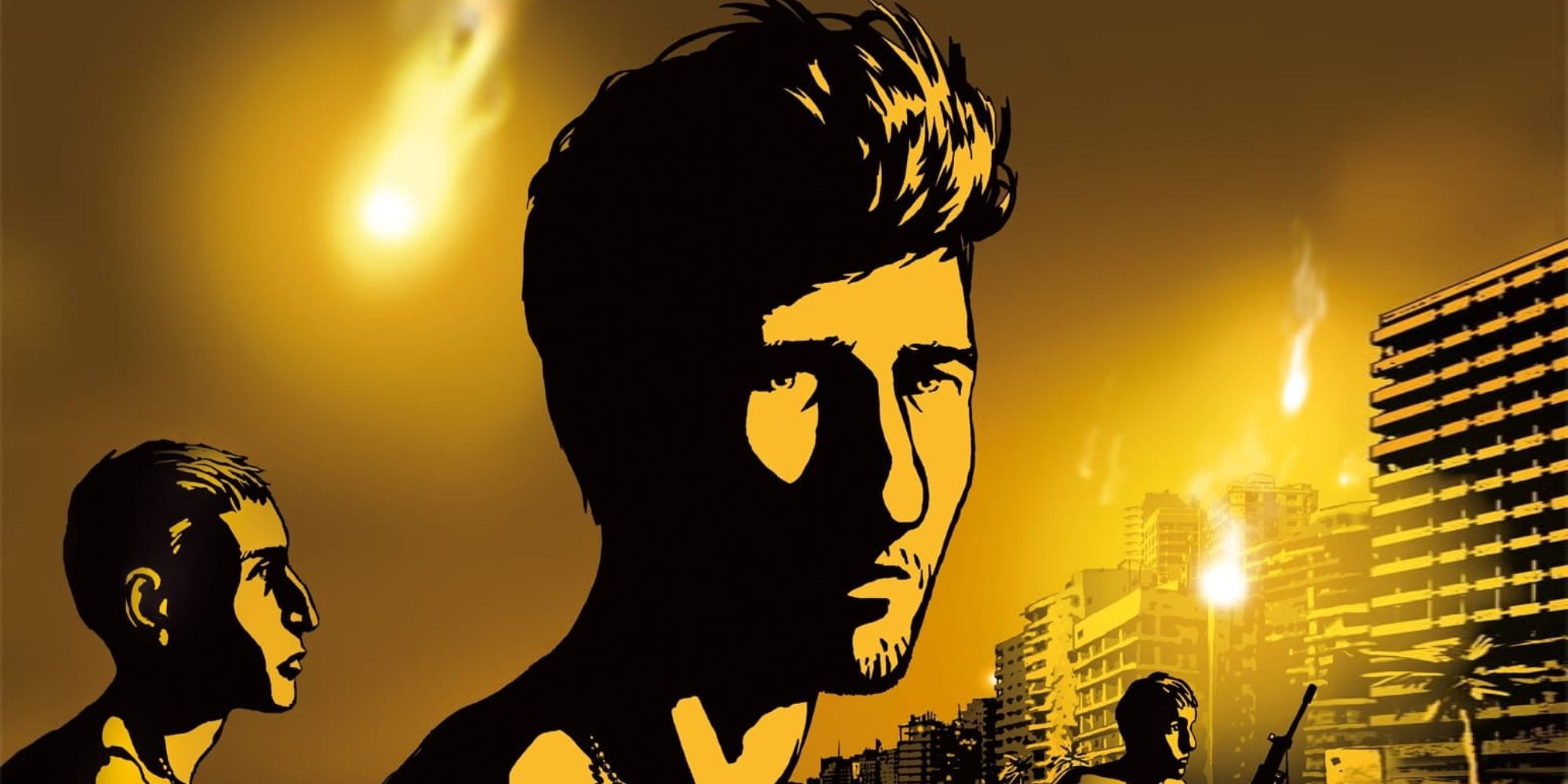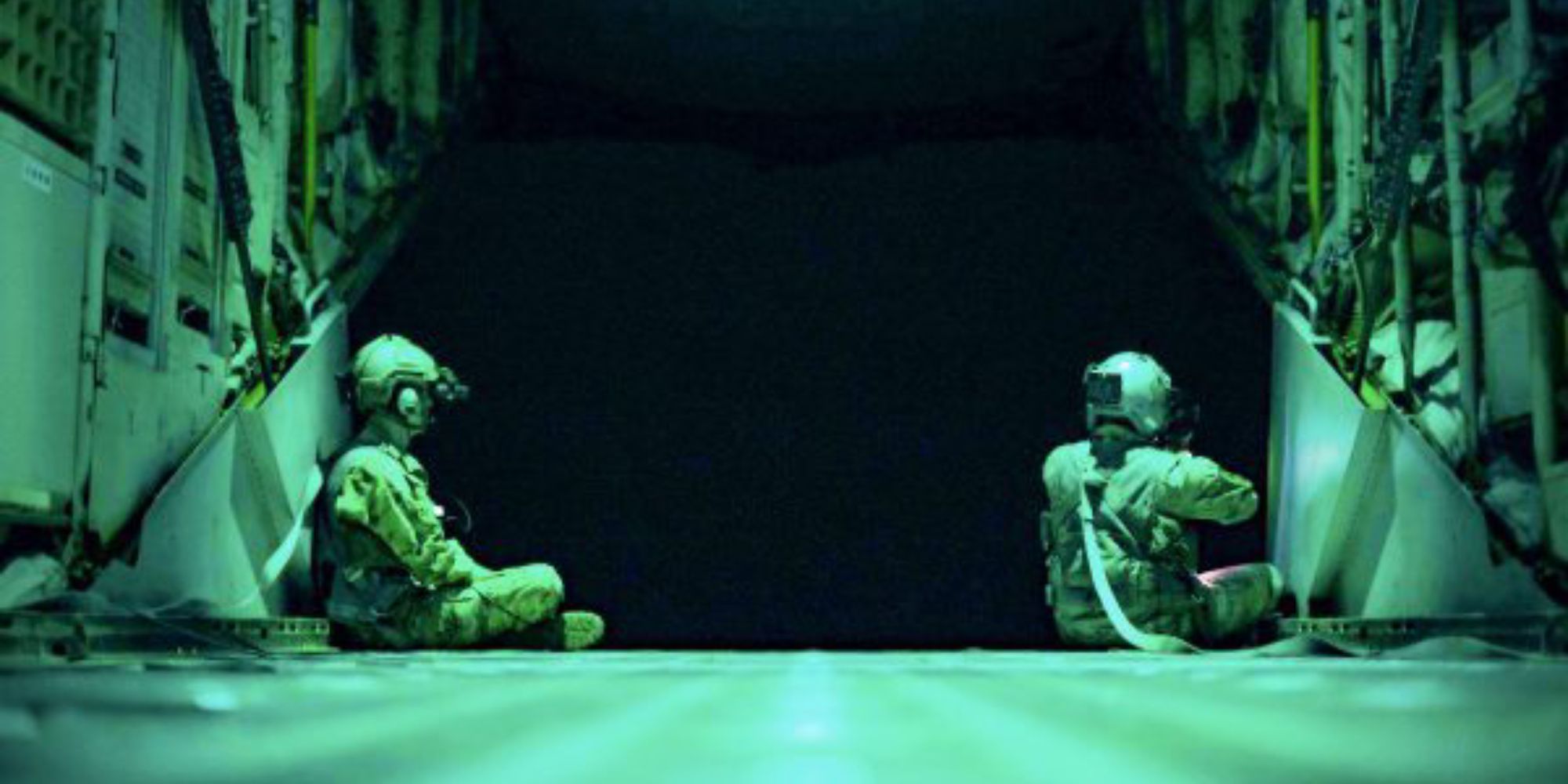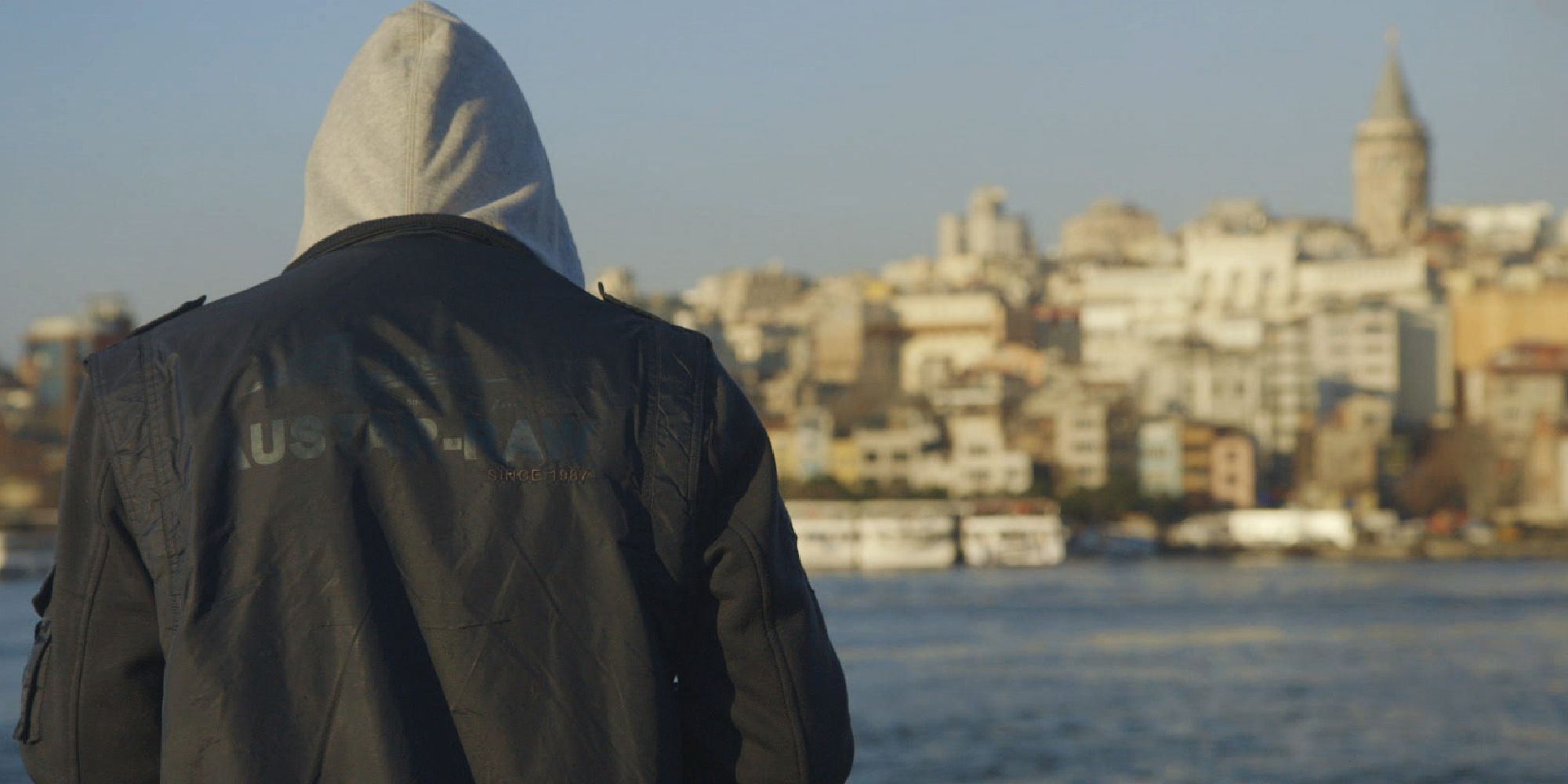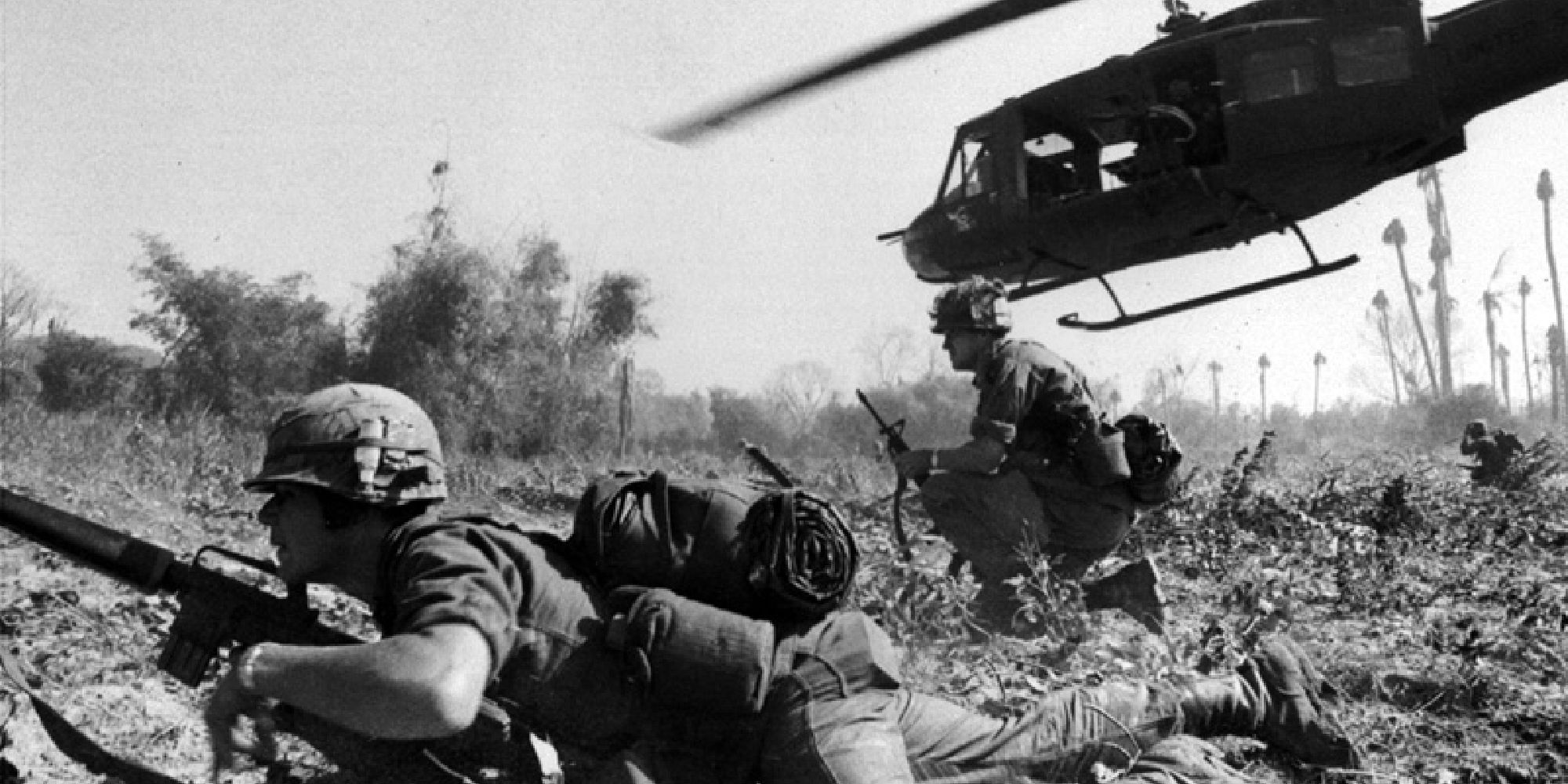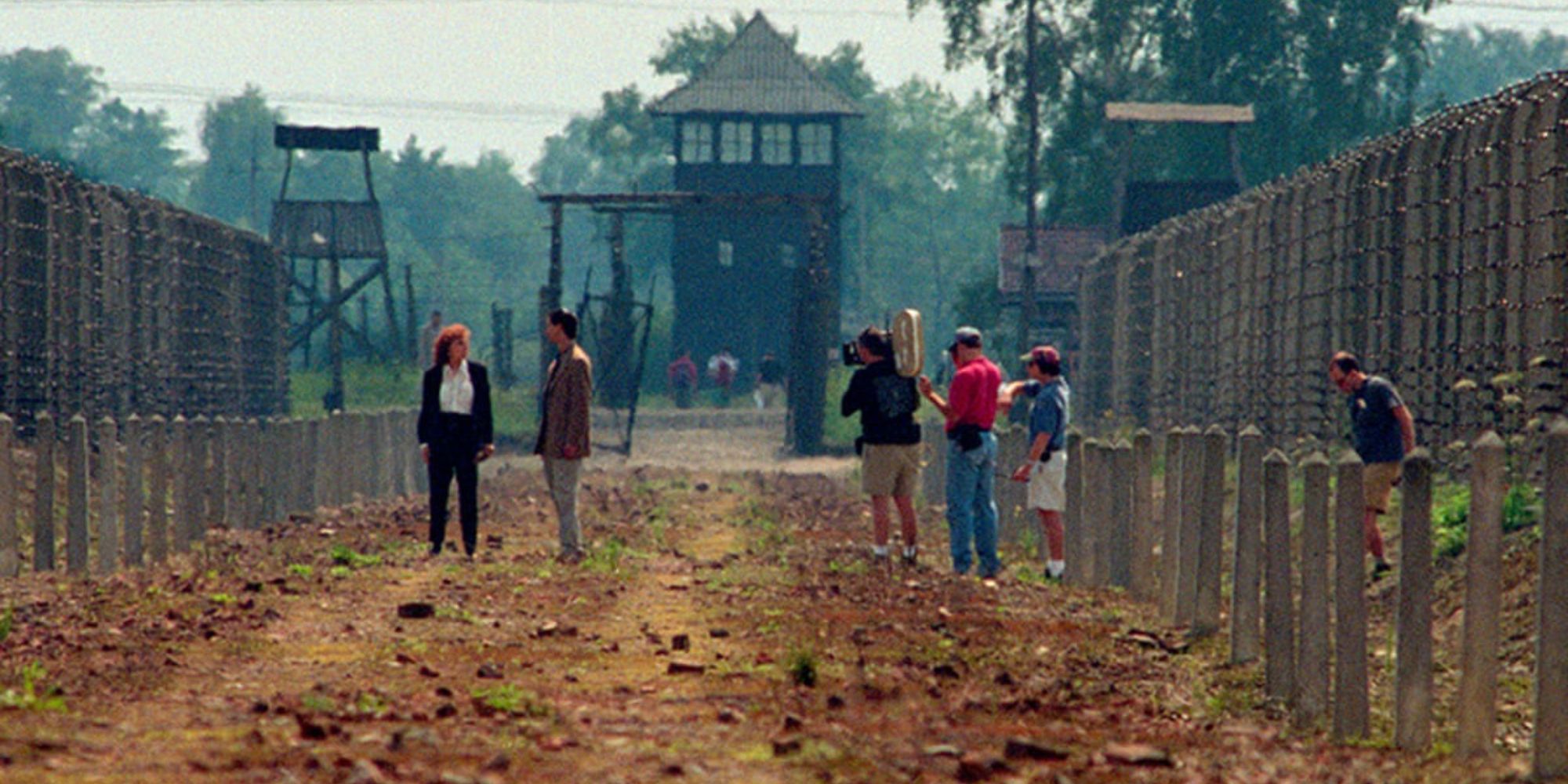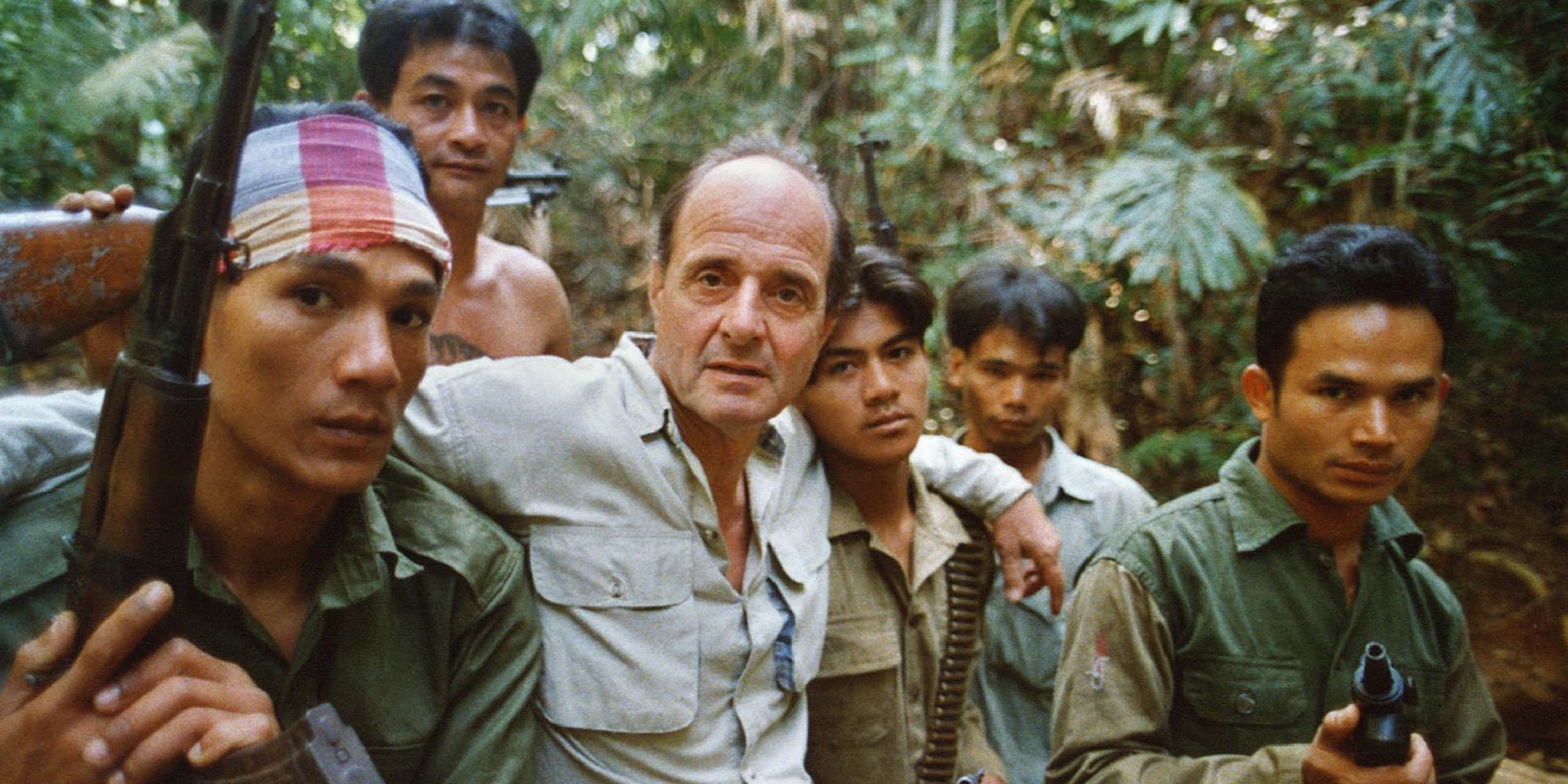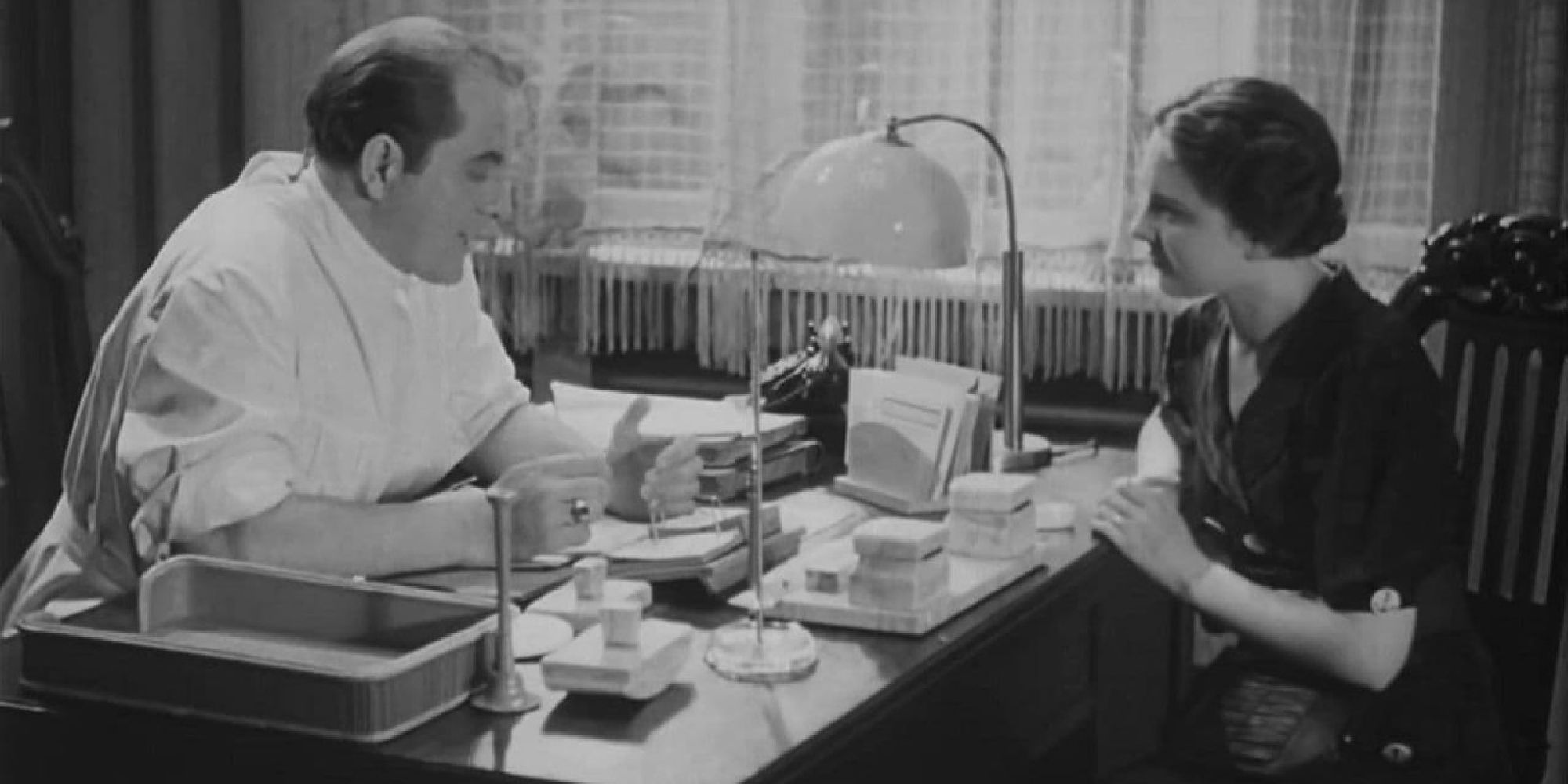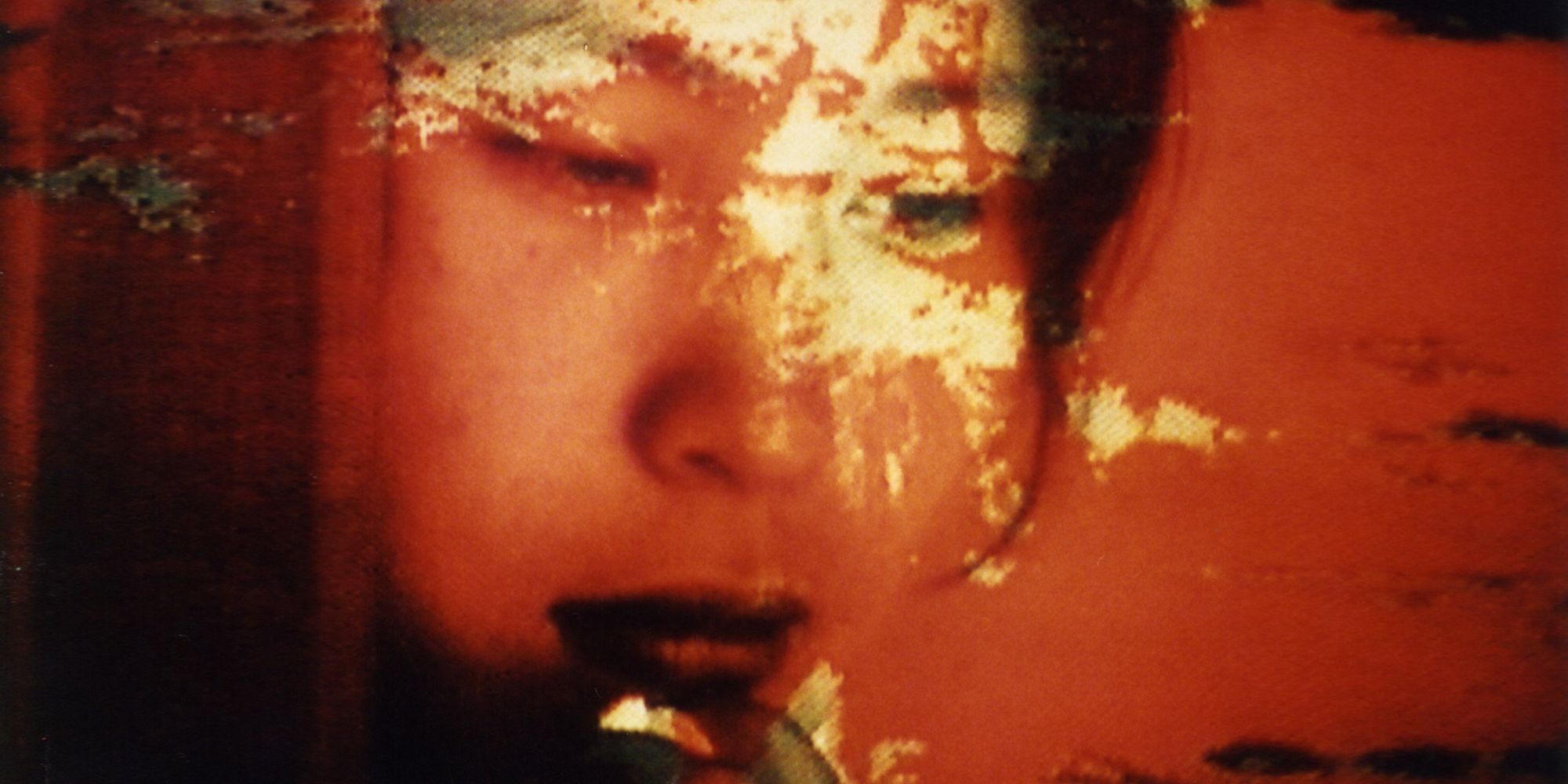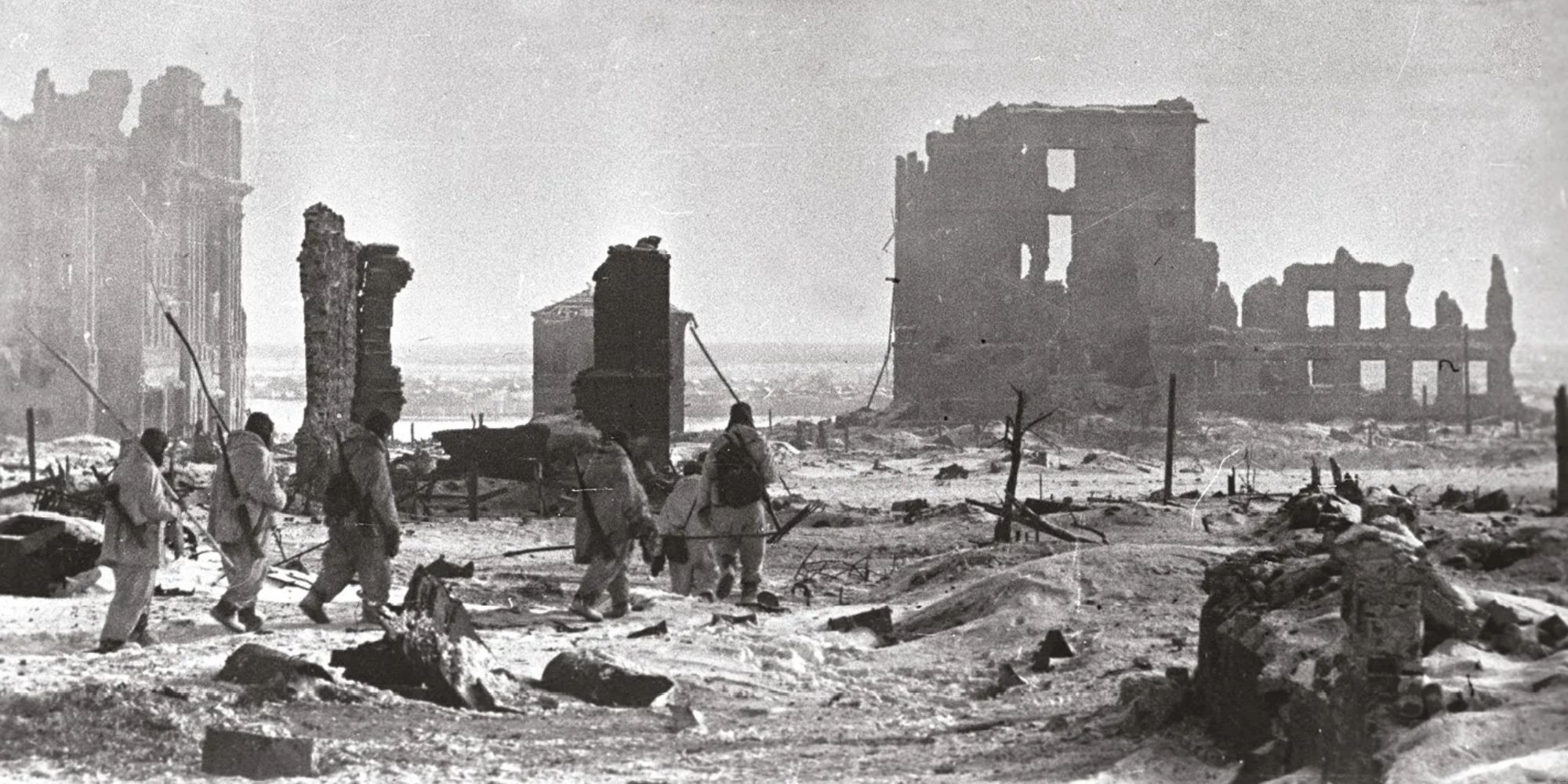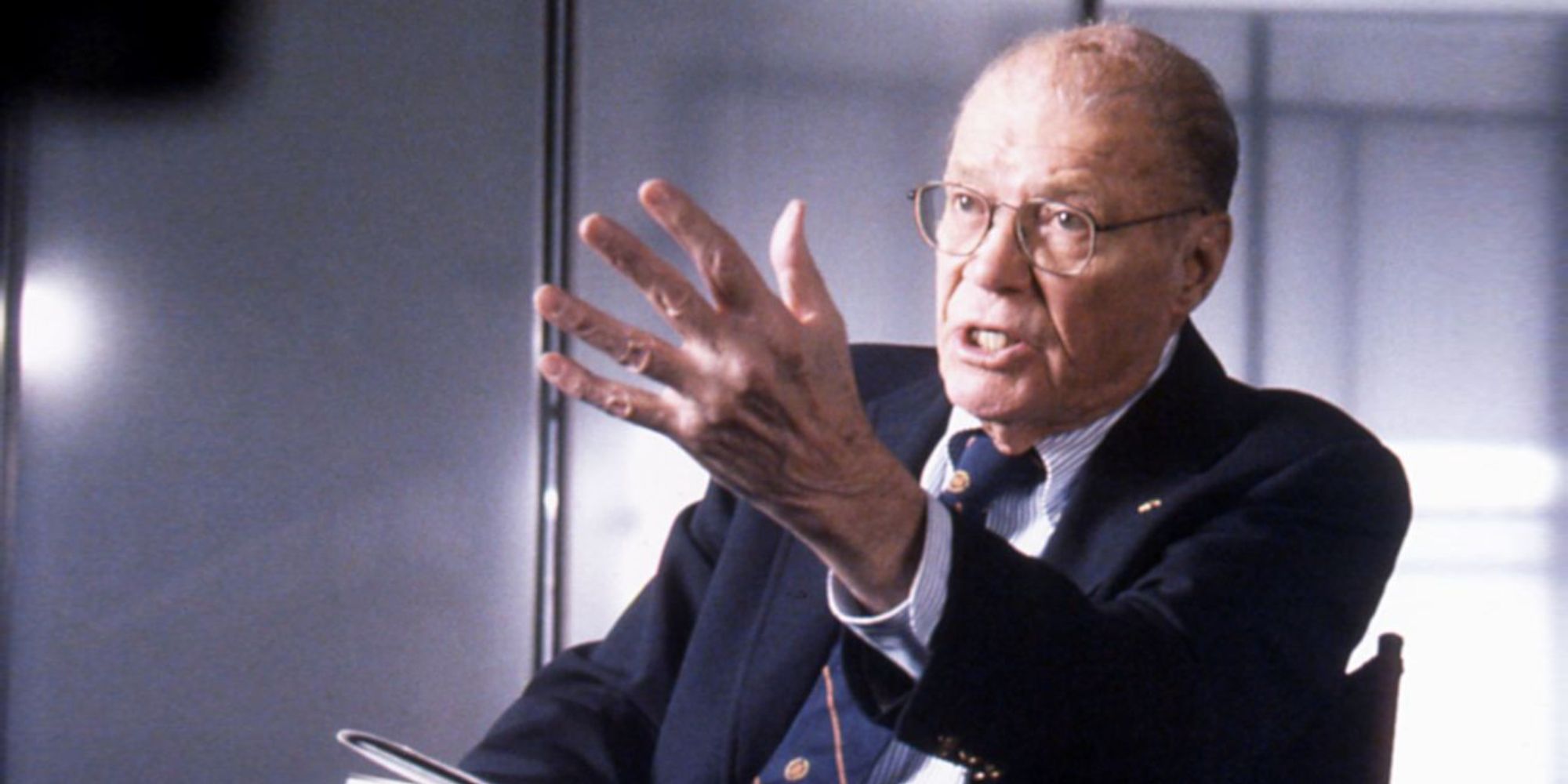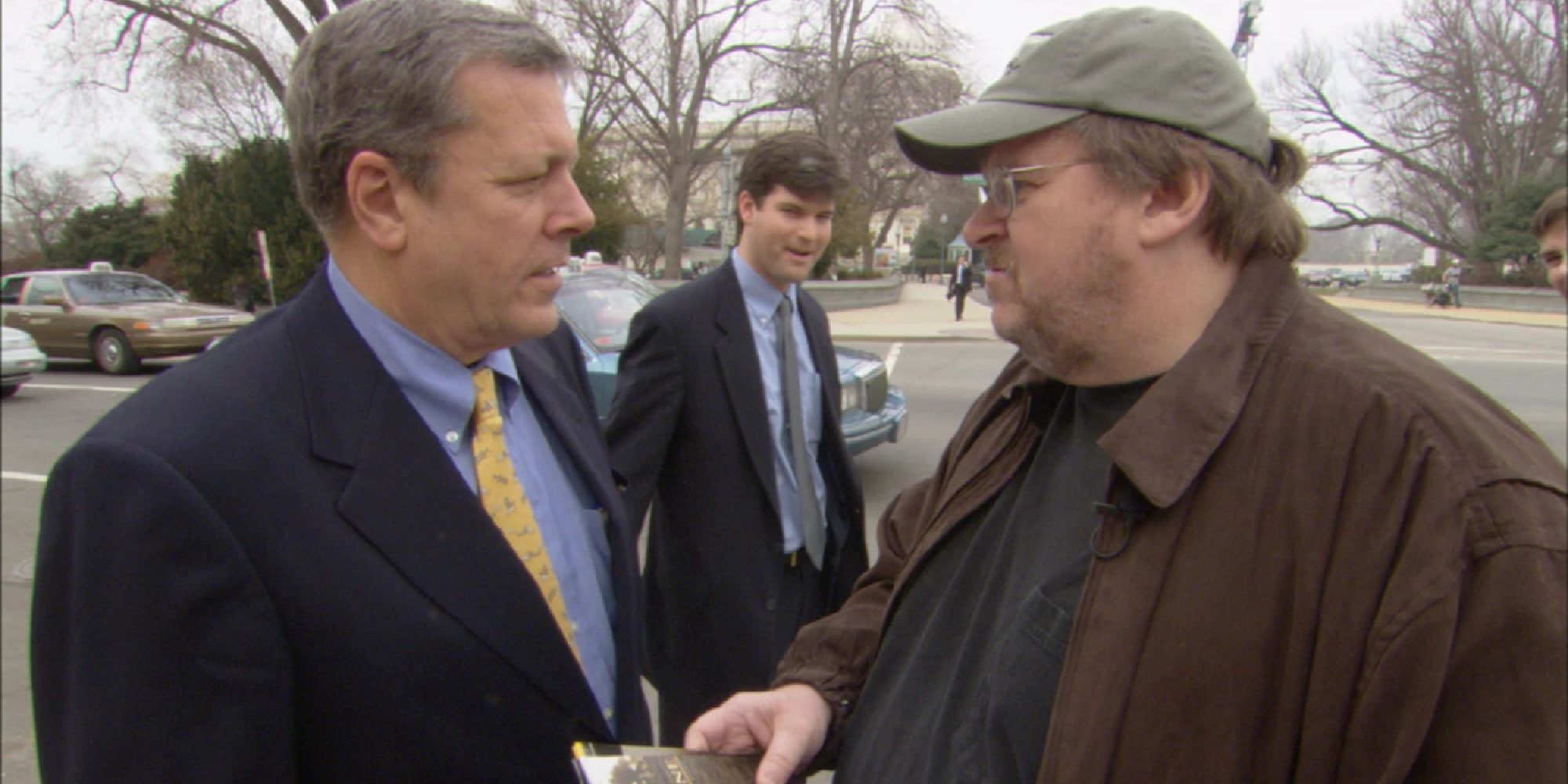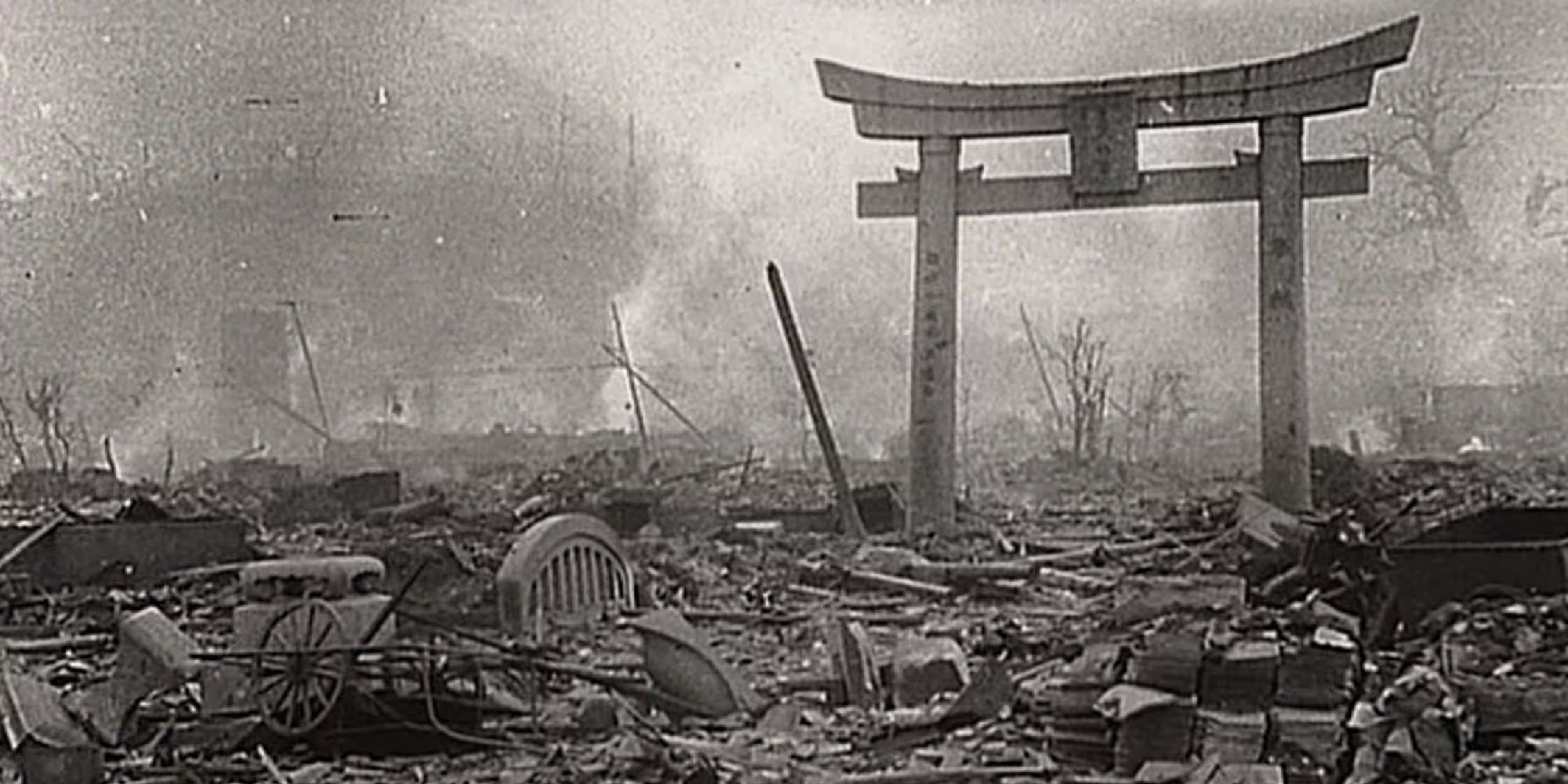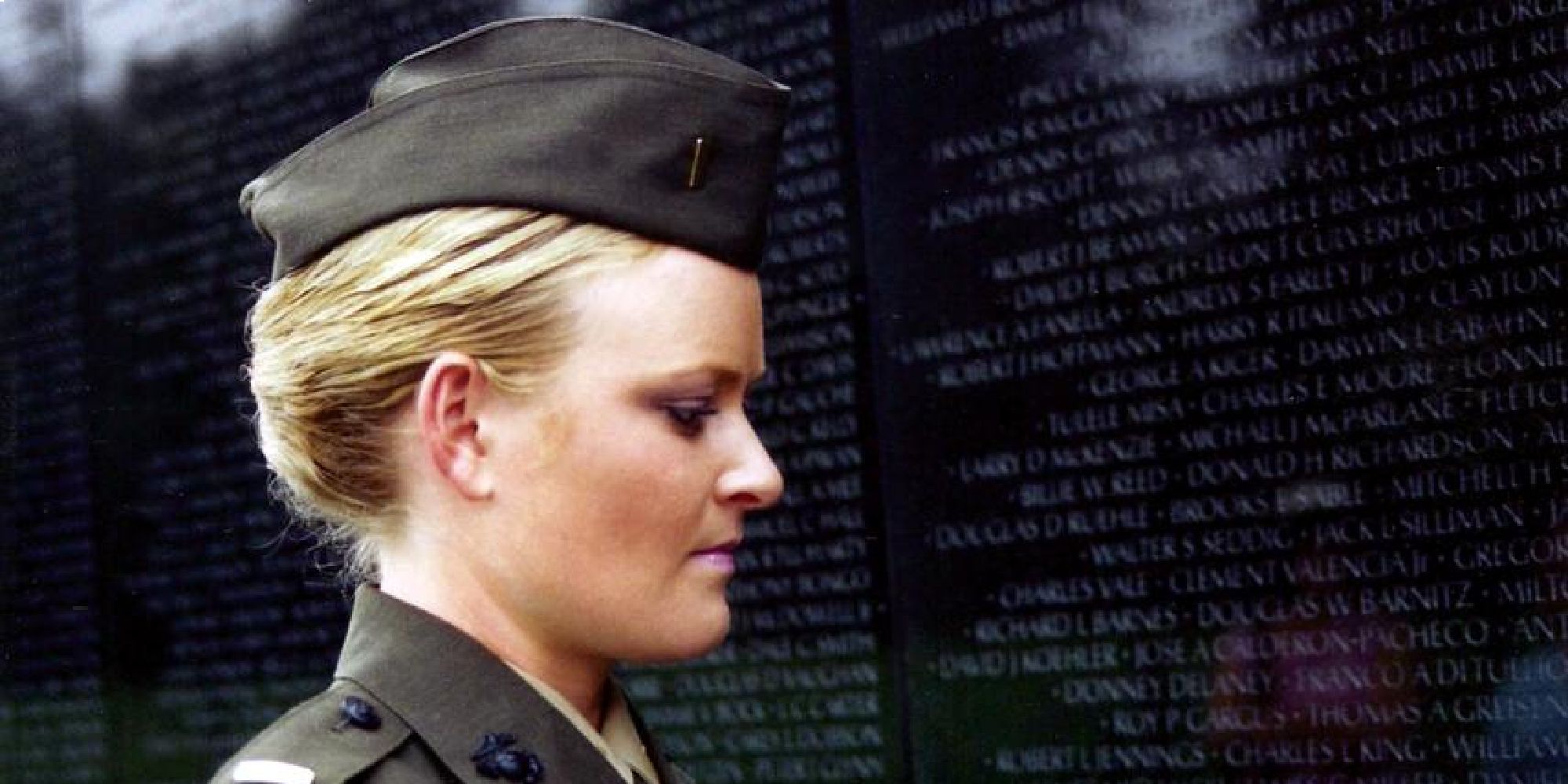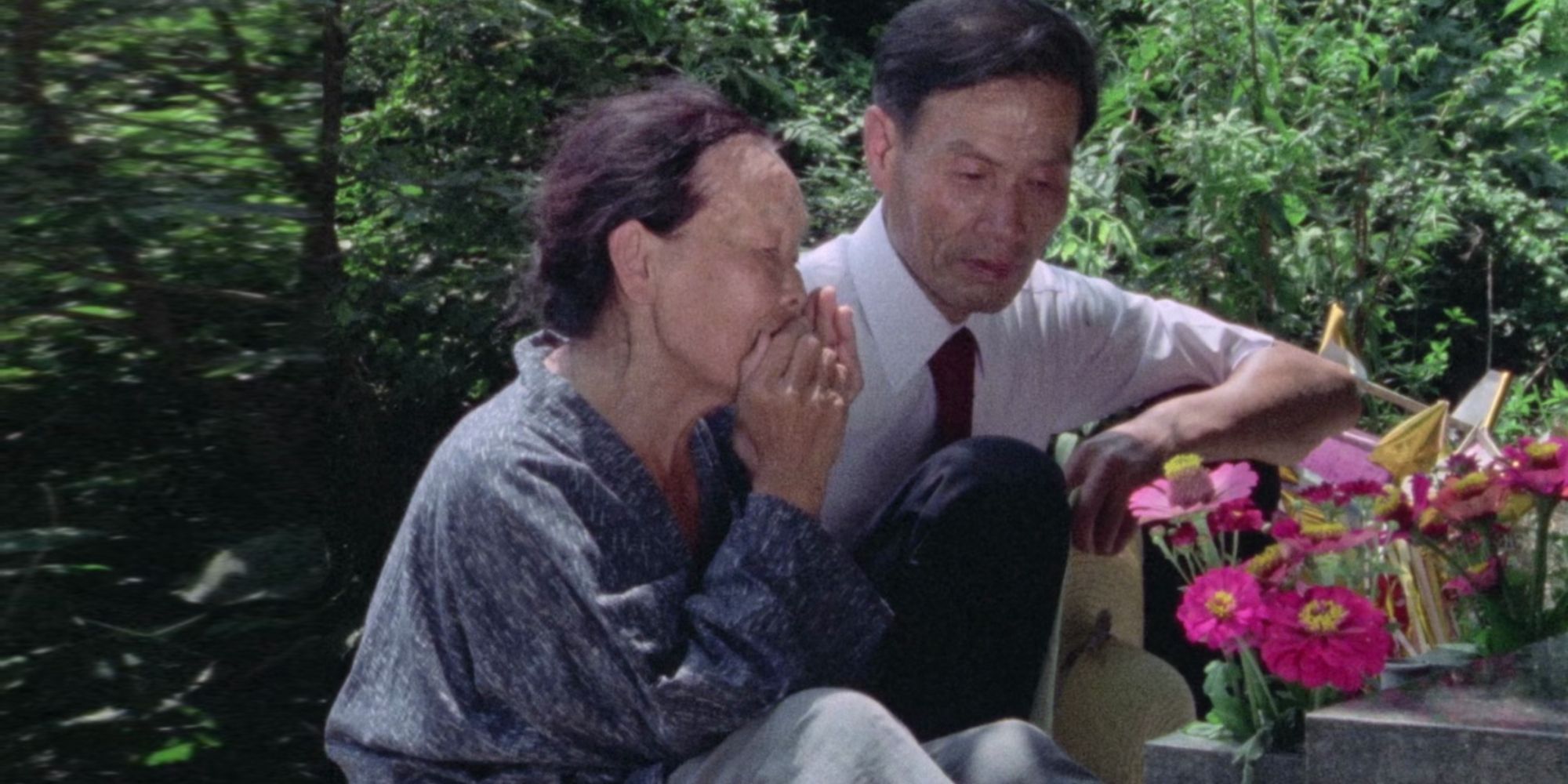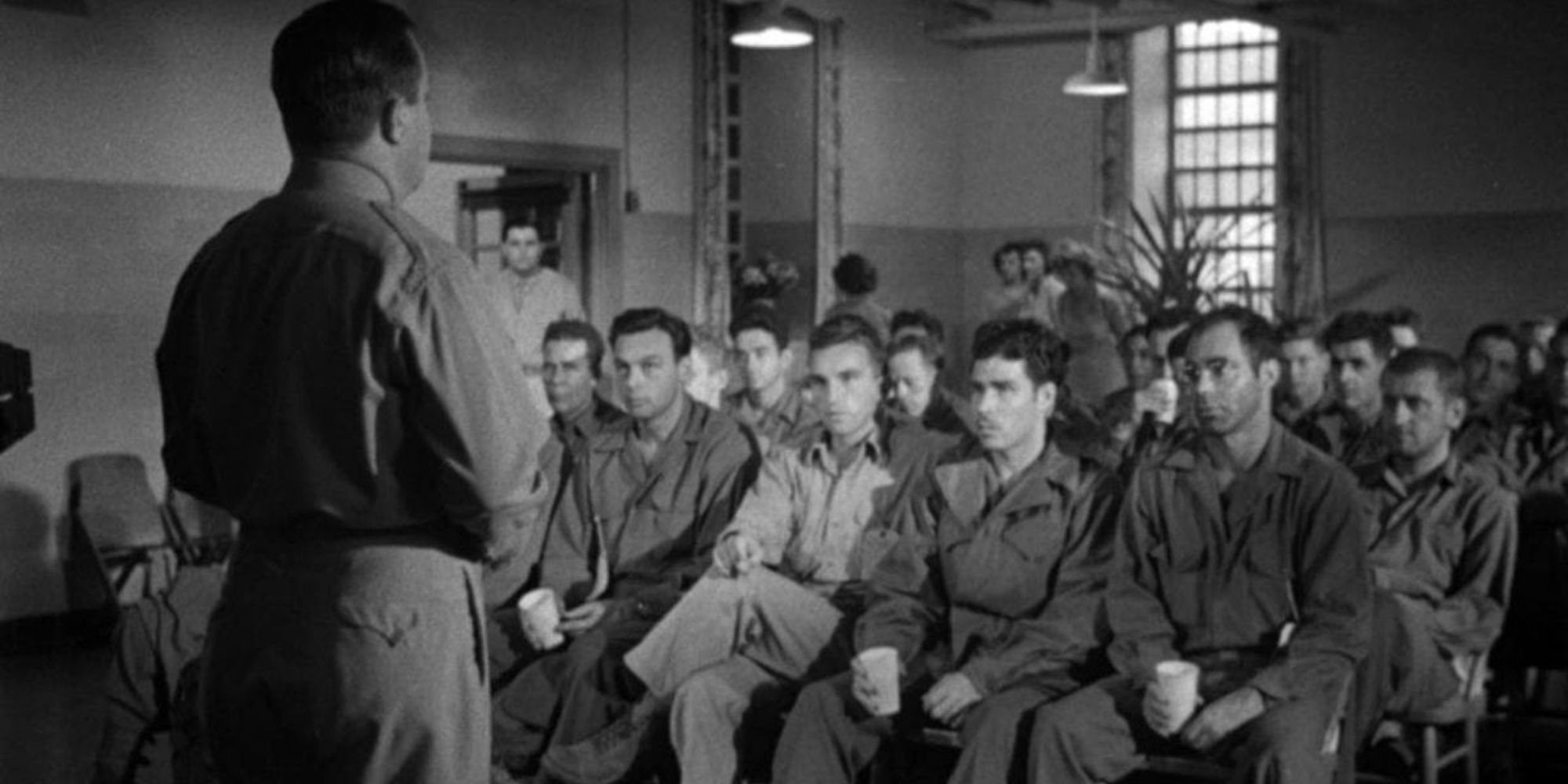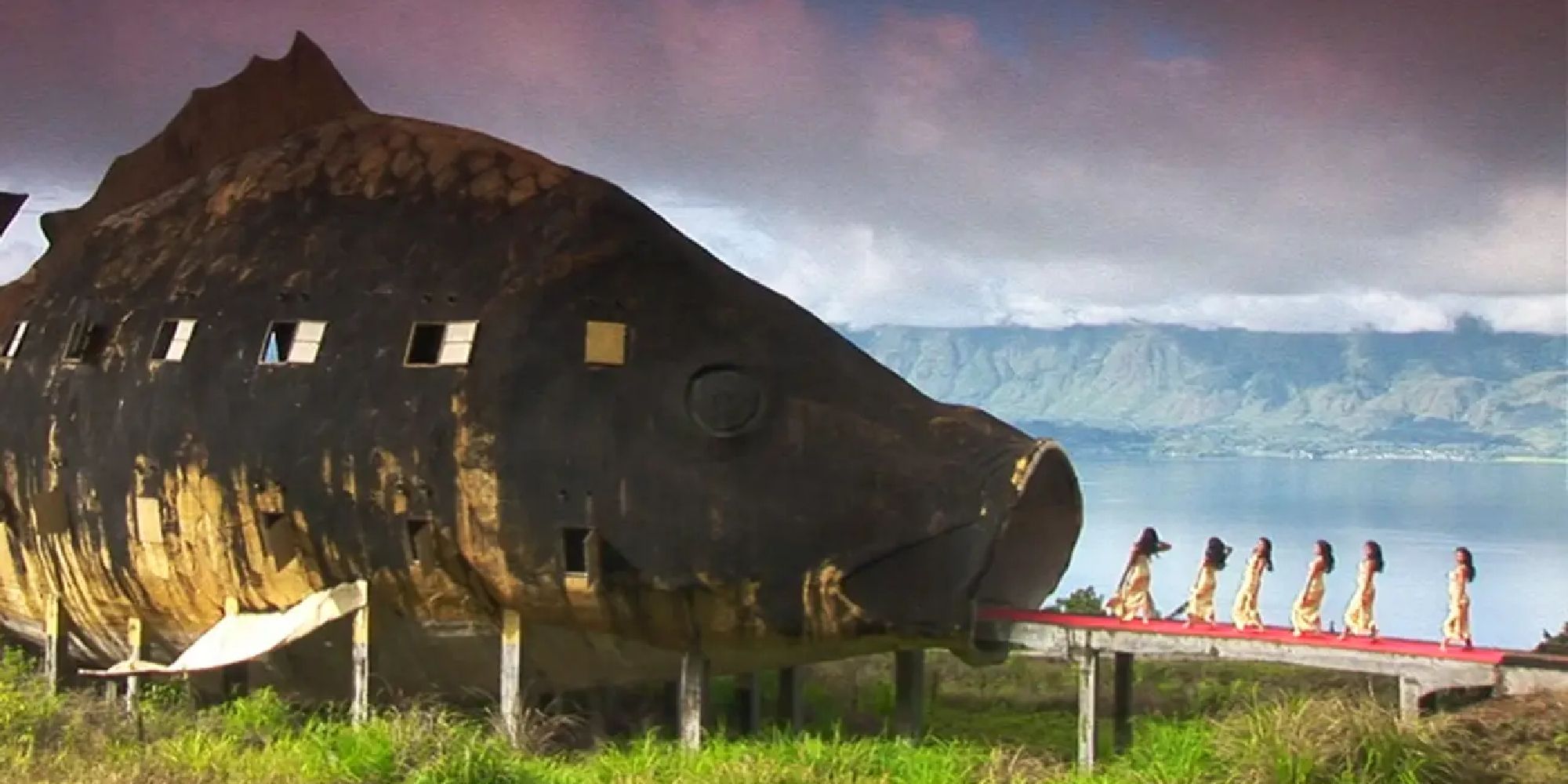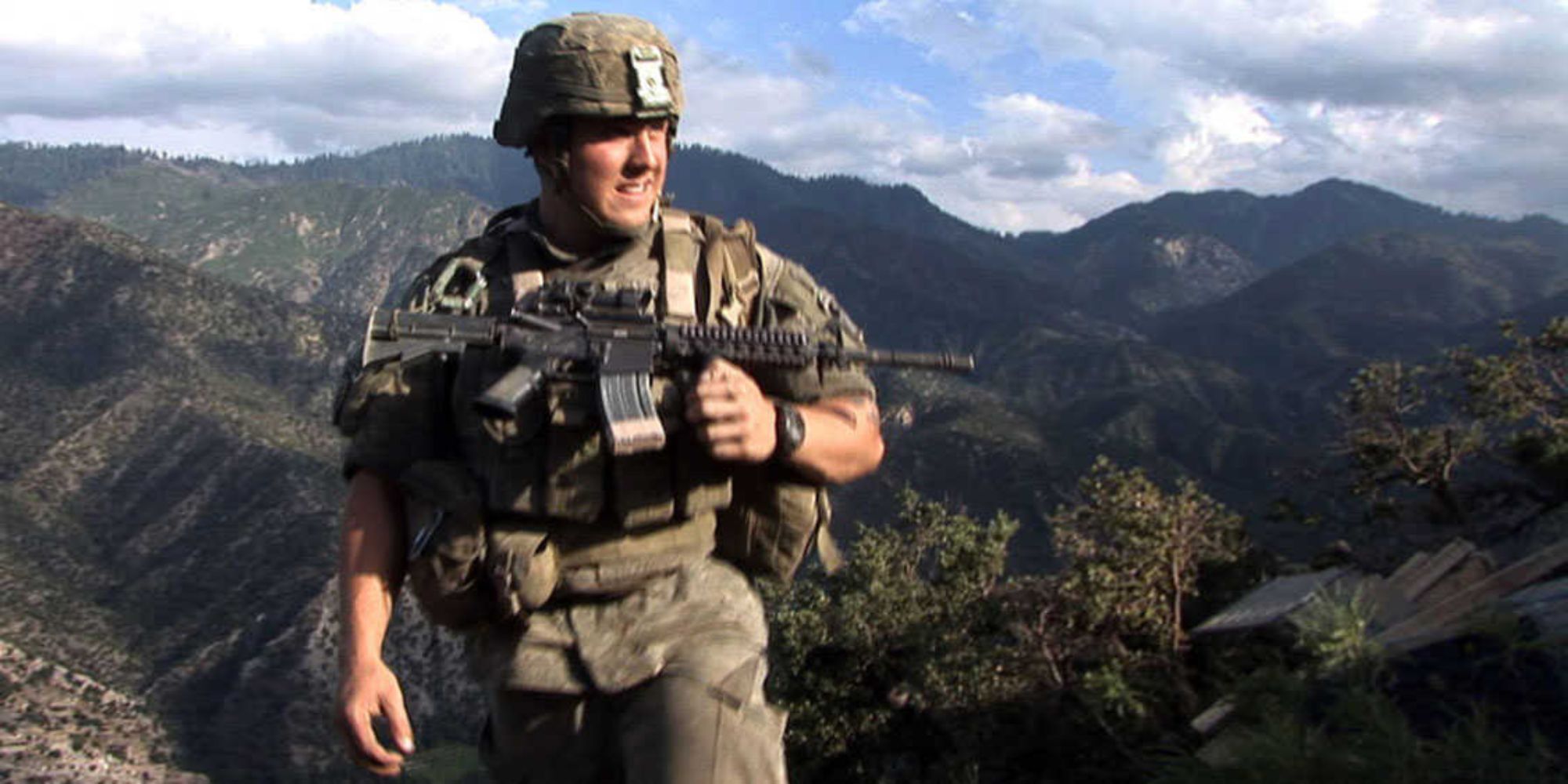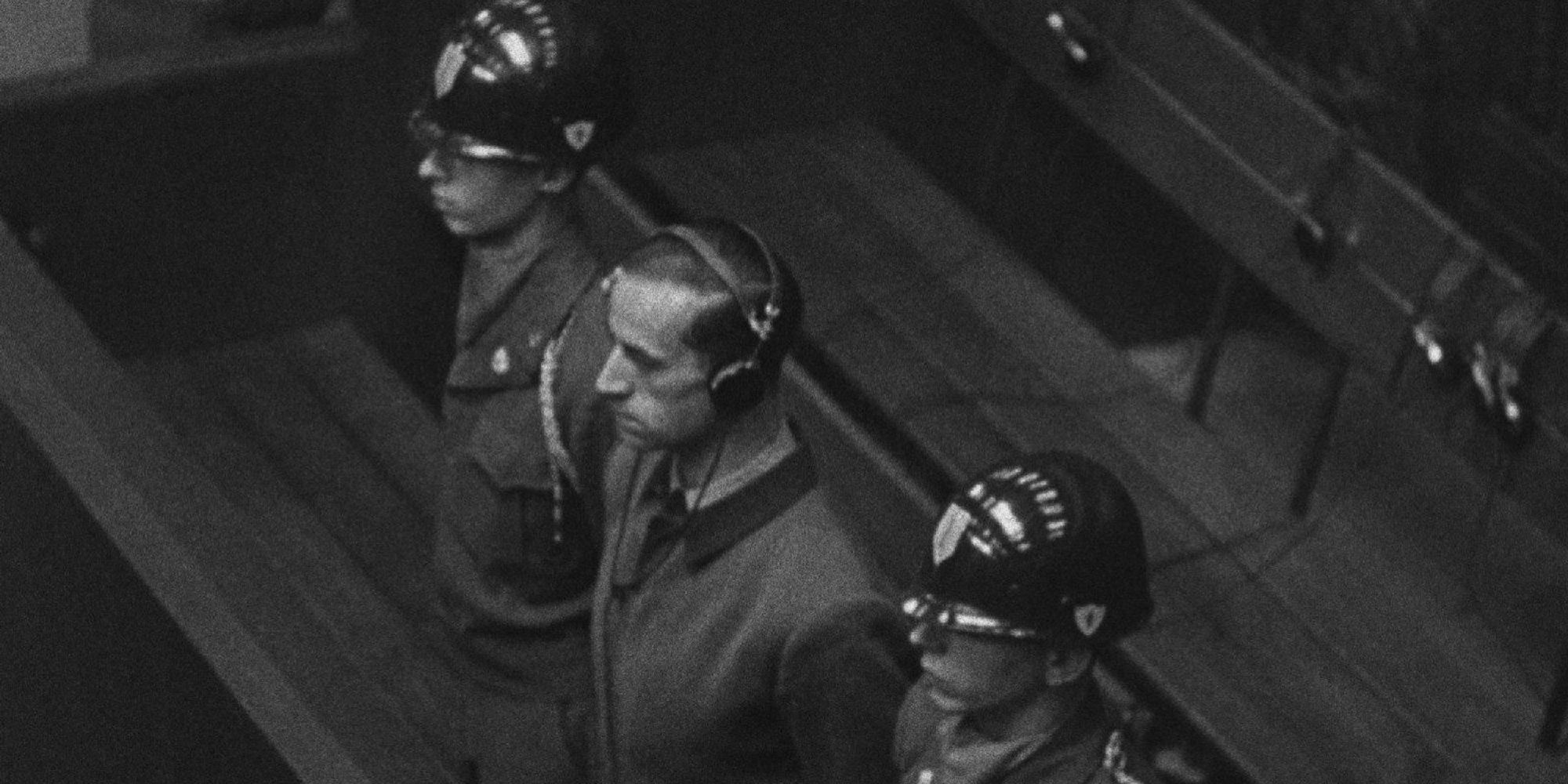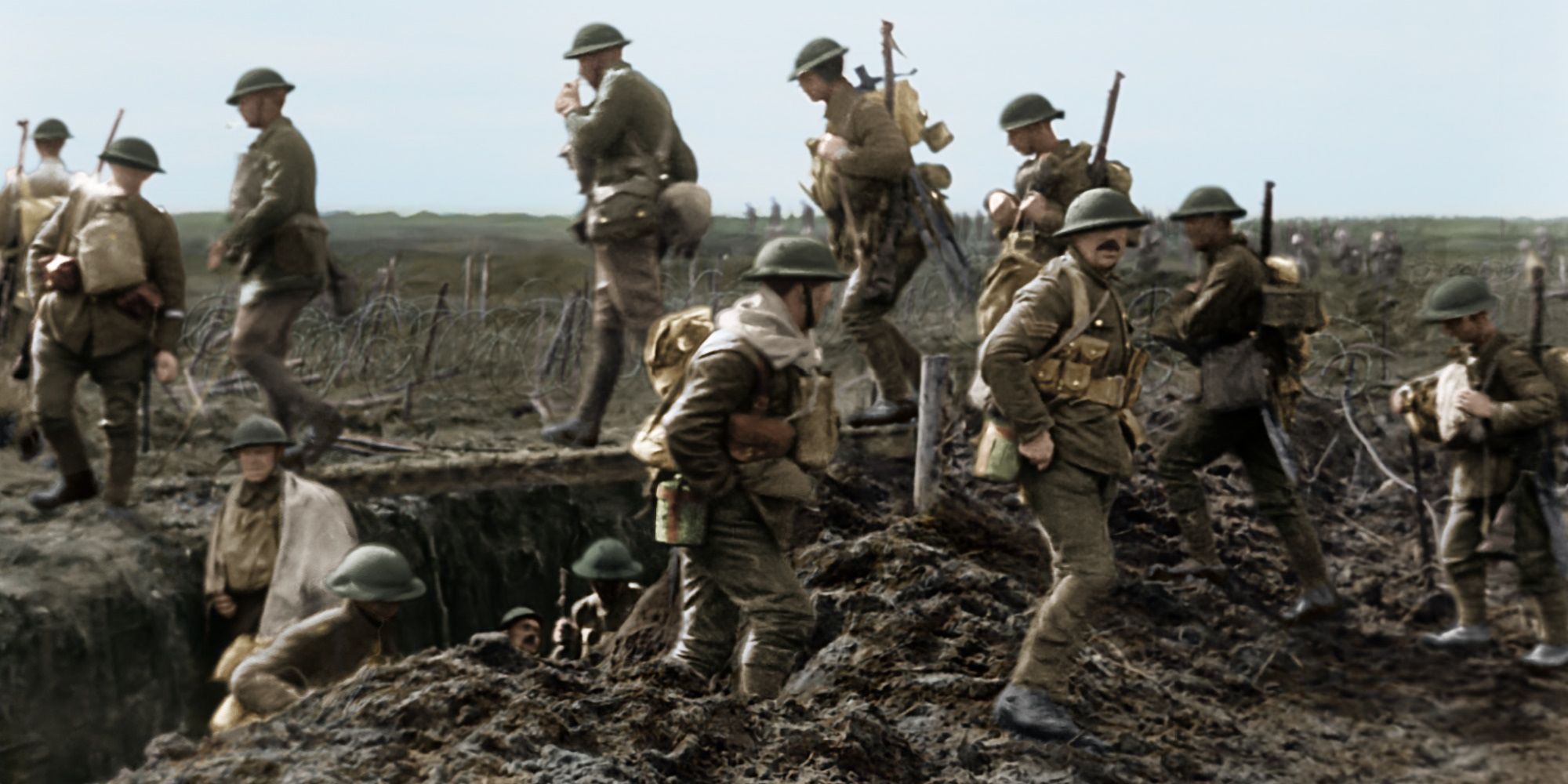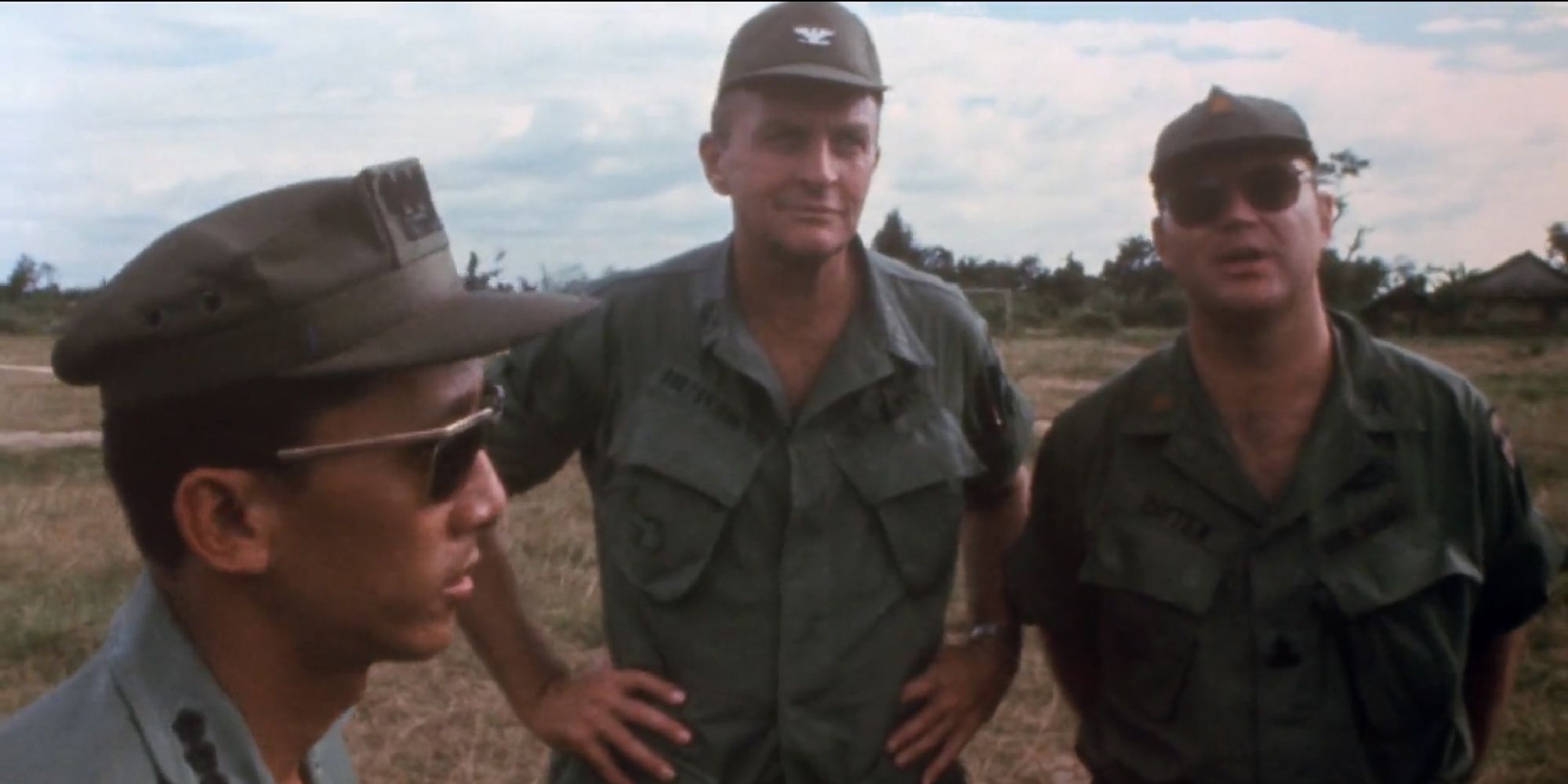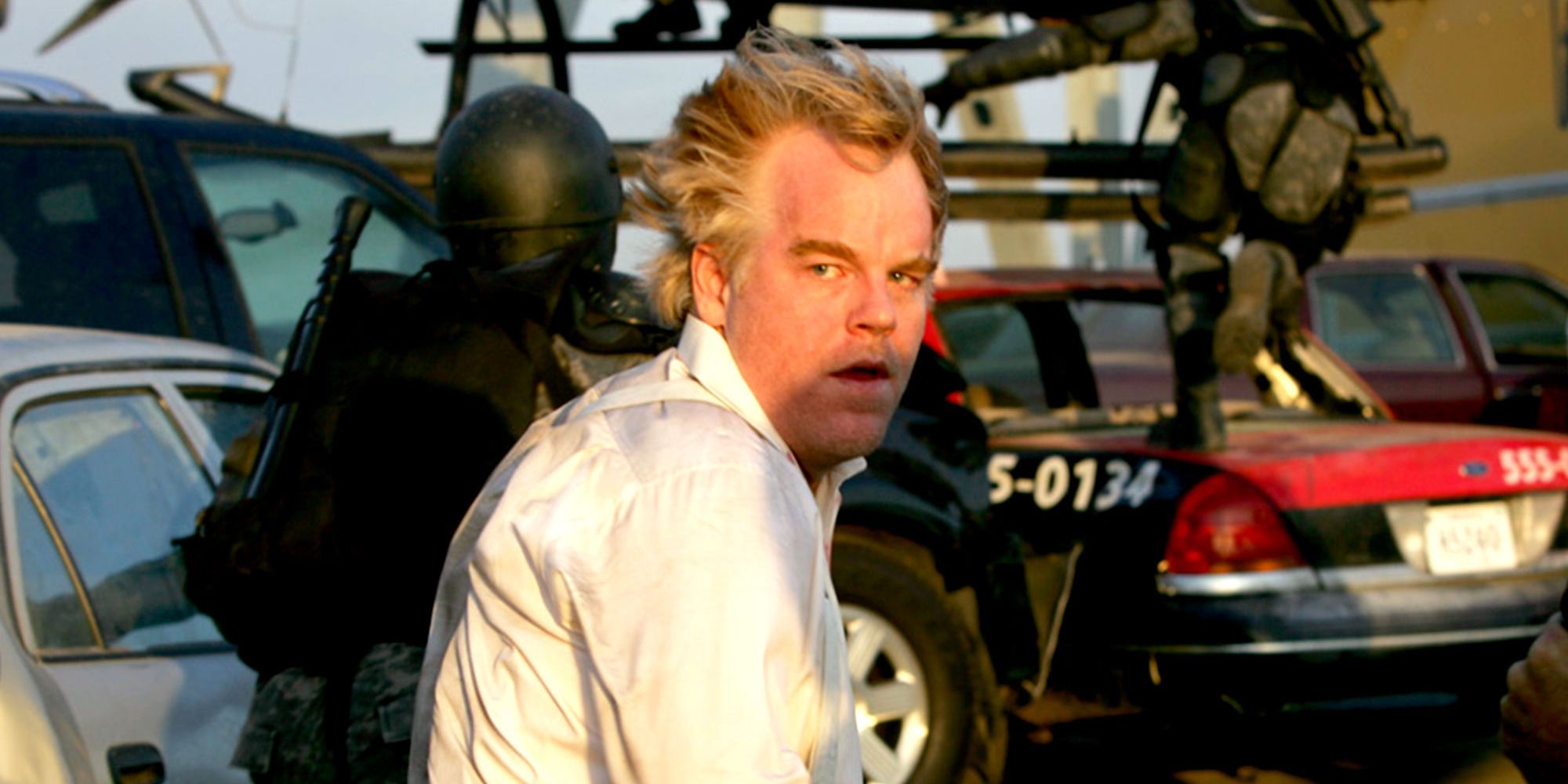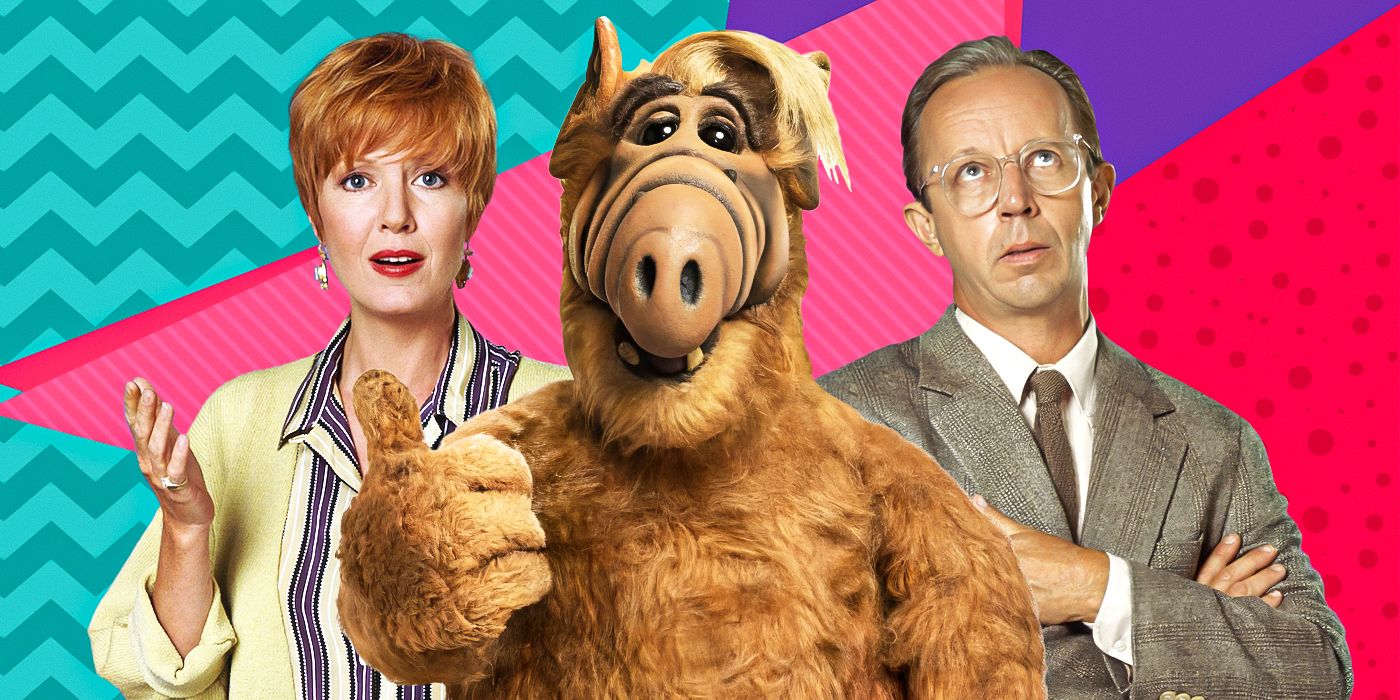War documentaries, by definition, are pretty much exactly what you’d expect them to be. They take a more direct and visceral look at the war genre by featuring things like archival footage, interviews with people who’ve experienced war, and (usually) an air of objectivity not found in non-documentary war films, which tend to re-enact historical events. War documentaries can still convey a subjective experience, or emphasize some sort of argument/point of view rather than straight facts, but in any event, they do tend to feel more real.
It can be challenging to watch any given war documentary, given the seriousness of the subject at hand and the fact they cover disturbing content involving violence, death, and depravity. Still, the best war documentaries do often feel like essential viewing, thanks to the way they frequently criticize warfare itself while explaining why various conflicts throughout human history escalated the way they did. What follows are some of the best war documentary films ever made, all proving to be challenging and eye-opening viewing experiences.
25 ‘In the Year of the Pig’ (1968)
Director: Emile de Antonio
Numerous American documentaries have looked at the Vietnam War, especially considering what the conflict represented to America. The perspective of the Vietnamese population is sometimes addressed, though outside Vietnam itself, the war there also changed the American way of life back in the U.S., especially politically and socially. It was a conflict the U.S. entered into controversially, and much of it was shown in more detail to people back home than wars before, owing to how much it was covered visually through television news.
Taking into account how much footage of the Vietnam War there was, and how much it impacted America, it’s not surprising that there are many American Vietnam War documentaries, with In the Year of the Pig being one of the best and one of the earliest, coming out while the war was still being fought. This makes it an important historical document, as even though it’s not able to tell the whole story, it’s fascinating and harrowing to watch something like In the Year of the Pig, and try to imagine how in the moment it would’ve felt back then.
Watch on YouTube
24 ‘Taxi to the Dark Side’ (2007)
Director: Alex Gibney
Like various documentaries, war-focused or otherwise, Taxi to the Dark Side begins with a personal story that’s built upon as things go on, until things become broader than they originally seemed. In this instance, it’s about an innocent taxi driver who was tortured and subsequently beaten to death over several days in December 2002, which is used as a jumping-off point to explore the U.S. Army’s use of torture.
Coming from acclaimed documentary filmmaker Alex Gibney, Taxi to the Dark Side is a grim and harrowing documentary, as one would expect when the central subject is torture and its controversial use in wartime situations. Like In the Year of the Pig, Taxi to the Dark Side is also notable for being made and released while the war it covered was still ongoing, given the United States’ War in Afghanistan began in 2001 and didn’t officially end until 2021.
Watch on Tubi
23 ‘City of Ghosts’ (2017)
Director: Matthew Heineman
City of Ghosts is appropriately titled, as while it’s a documentary and not a horror movie, it does deal with some horrific things and is an undeniably tense viewing experience. It’s centered on a citizen journalist group that goes by the name Raqqa Is Being Slaughtered Silently, and their efforts to document various atrocities committed by the Islamic State of Iraq and Syria (ISIS) after they took over parts of Syria.
Through this set-up, City of Ghosts explores the complex and devastating Syrian Civil War, which began in 2011 and, as of early 2024, is still technically ongoing. This documentary is one of the best made so far about this still-recent conflict, and it also functions incredibly well as a testament to a group of very dedicated and fearless journalists, who collectively stand up to oppressors and thereby put their lives in danger on a constant basis.
Watch on Amazon Prime
22 ‘Dear America: Letters Home from Vietnam’ (1987)
Director: Bill Couturié
Documentaries aren’t often known for having big-name actors attached to them outside archival footage or interviews, but Dear America: Letters Home from Vietnam might well have the most impressive “cast” of any documentary ever made. This is due to it being comprised largely of letters American soldiers wrote while in Vietnam getting read over footage by numerous well-known actors, including the likes of Willem Dafoe, Robert De Niro, Robert Downey Jr., Martin Sheen, Michael J. Fox, and Harvey Keitel.
This approach does make Dear America: Letters Home from Vietnam quite cinematic by documentary standards, perhaps enough so for this to be considered an all-time great film about the Vietnam War. It edits together actual letters with archival footage well, in turn telling numerous moving stories about the people who experienced the conflict first-hand, all the while never shying away from the tragedy inherent to this infamous war.
Watch on YouTube
21 ‘The Last Days’ (1998)
Director: James Moll
Deservedly winning an Oscar for Best Documentary Feature Film, The Last Days is an American documentary that looks at the experiences of various people whose lives were impacted by the Holocaust, particularly focusing on those who were sent to the Auschwitz concentration camp. It provides a historical overview, but is most striking through how it tells its story by focusing on five interviewed survivors, all of them Hungarian Jews.
It’s not the only war documentary to center on the Holocaust, but it is one of the best and most well-known, and was worthy of getting remastered/re-released in 2021, more than two decades on from when it was first screened. The Last Days is, naturally, not an easy watch, but it’s an important one that covers the Holocaust comprehensively, benefiting greatly from its emphasis on a few key personal testimonies.
Watch on Netflix
20 ‘Little Dieter Needs to Fly’ (1997)
Director: Werner Herzog
Werner Herzog could well be called the greatest living documentary filmmaker (and he’s made some great non-documentary films, too), with his prolific filmography naturally covering the subject of war at least a handful of times. His best war-related documentary is arguably Little Dieter Needs to Fly (honorable mention to 1992’s Lessons of Darkness), and it’s a story he retold in 2006 with Rescue Dawn, starring Christian Bale.
Little Dieter Needs to Fly is about Dieter Dengler, an aviator whose plane got shot down during the Vietnam War, leading Dengler to get captured, imprisoned, and tortured for months before he made a daring escape to freedom. It’s a fascinating true story, and this documentary allows Dengler the opportunity to tell it himself, which then laid the groundwork for Herzog to revisit the story in the format of a feature film just under a decade later.
Watch on Tubi
19 ‘Triumph Over Violence’ (1965)
Director: Mikhail Romm
A documentary produced by Soviet Russia that feels criminally overlooked, Triumph Over Violence is one of the most shattering and impactful World War II documentary films ever made. It’s an angry and dizzying look at how Nazi Germany managed to rise to power, starting in the 1920s with sufficient background information through to looking at the horrific things the nation did during World War II.
It’s a film that’s unafraid to show some fairly graphic historical footage, but it serves a purpose in the overall ferocious and uncompromising approach Triumph Over Violence takes to the difficult subject at hand. It doesn’t concern itself with feeling unbiased or neutral, instead feeling like it’s trying to unpack the trauma the Soviet Union went through during World War II. It’s a passionate and challenging look at systemic evil and the destruction that can come about when unchecked power is placed in the wrong hands.
Watch on YouTube
18 ‘Level Five’ (1997)
Director: Chris Marker
It’s not entirely unfair to call the work of filmmaker/documentarian Chris Marker weird, because his singular style can prove to be equal parts head-scratching and strangely captivating. His best-known film within the documentary genre would have to be 1983’s Sans Soleil, but his most distinctive and strange could well be 1997’s Level Five, which is something of a war documentary, something of a mockumentary, and something of a sci-fi film, all at once.
It does look at the World War II Battle of Okinawa quite extensively, and ponders some vague yet interesting topics surrounding human nature, though the central premise of a computer programmer being told to make a video game based on the aforementioned battle is fictional. Still, thanks to the way it blurs various lines, Level Five is fascinating and unique, as far as war documentaries go.
Watch on DA Films
17 ‘Why We Fight: The Battle of Russia’ (1943)
Directors: Frank Capra, Anatole Litvak
At once a World War II film released while the conflict was ongoing and one of the best movies directed (or co-directed) by Frank Capra, Why We Fight: The Battle of Russia is an essential historical document and a solidly compelling documentary. It centers on Soviet Russia’s efforts fighting Nazi Germany, though this is told from an American perspective, intending to provide insight into a nation that was, at the time, a U.S. ally.
This is one of the most interesting aspects of Why We Fight: The Battle of Russia when one watches it today, given how tensions flared between the two nations following the end of World War II, immediately leading into the Cold War. Perhaps it was intended to be propaganda at the time, but this documentary holds extra value historically when watched all these decades later, and is undoubtedly well-made all around to boot.
Watch on YouTube
16 ‘The Fog of War’ (2003)
Director: Errol Morris
Bringing the same level of insight into America’s 20th-century wars as he did to the criminal case covered in The Thin Blue Line, The Fog of War is another winning documentary directed by Errol Morris. It’s an overview of the life and career of Robert McNamara, and includes a great deal of interview footage with the former United States Secretary of Defense, who held that position during the early years of the Vietnam War.
The Fog of War covers how McNamara worked under two Presidents, John F. Kennedy and Lyndon B. Johnson, and the role he played in the Vietnam War. As the title suggests, it also explores the difficulties that come with making decisions or being a leader while conflict is ongoing, owing to the confusion of the “fog of war.” Much of what The Fog of War has to say about U.S. politics and the nation’s involvement in global conflicts still feels topical, even if the film is largely focused on a decades-old conflict.
Rent on Apple TV
15 ‘Fahrenheit 9/11’ (2004)
Director: Michael Moore
There are a good many Michael Moore documentaries that can be called controversial for any number of reasons, but none caused quite as much of a stir as Fahrenheit 9/11. This film takes an angry and intensely political look at how the U.S. responded to the September 11 attacks, criticizing the then-recent 2003 invasion of Iraq and the controversial War on Terror that came about after 9/11, and defined much of the early 2000s.
Fahrenheit 9/11 certainly caused a stir, though was very well-received by some, including those at the Cannes Film Festival, where it won the Palme d’Or. Even those who don’t agree with what this film has to say would have to acknowledge that it’s slickly put together and certainly leaves an impact, for better or worse. It’s a bleak, passionate, and oftentimes impressive piece of documentary filmmaking, and it’s not too surprising that it ended up having the impact it did.
Watch on Tubi
14 ‘White Light/Black Rain: The Destruction of Hiroshima and Nagasaki’ (2007)
Director: Steven Okazaki
A horrifically destructive and deadly pair of events from the end of World War II, August 1945 saw the U.S. dropping two atomic bombs on two different Japanese cities: Hiroshima and Nagasaki. The aftermath of these events is explored in great detail throughout White Light/Black Rain: The Destruction of Hiroshima and Nagasaki, which is a hard-to-watch yet important document of the events in question.
It’s a documentary film that looks at what happened from both sides, featuring some interviews with Americans who were involved in dropping the bombs, and giving time for survivors of the attacks to give their personal testimonies and experiences with the nuclear horror involved. White Light/Black Rain: The Destruction of Hiroshima and Nagasaki is about the destruction caused, but then also looks forward and covers how these events shaped later decades, with the world forced to continue existing, everyone on Earth now fully aware of just how quickly such devastation can happen.
Watch on Max
13 ‘The Invisible War’ (2012)
Director: Kirby Dick
Debatably more of a crime documentary than it is a war documentary, The Invisible War nonetheless looks at the U.S. military while telling a very confronting story about physical and sexual abuse. It covers how shockingly often such things happen within an institution as large as the U.S. Army, and furthermore, how these crimes are often covered up or not sufficiently prosecuted the way such things might be treated if they happened outside the Army.
As the title of this Kirby Dick documentary suggests, these horrible things do seem to happen out of sight and without sufficient attention drawn to them… or at least they did, with the release of The Invisible War helping to make such things more visible. It asks some very difficult questions that many viewers might well have never thought about before watching, and is a testament to how a powerful and well-made piece of documentary filmmaking can play a part in bringing about some level of justice.
Watch on Amazon Prime
12 ‘The Emperor’s Naked Army Marches On’ (1987)
Director: Kazuo Hara
The Emperor’s Naked Army Marches On feels a little offbeat before you even start watching, owing to that eye-catching and somewhat unusual title, but watching it makes you appreciate even more how different this unique documentary is. It centers on a man in his 60s who fought for Japan during the Second World War, showing how he tries to seek answers and/or justice for the unexplained deaths of two soldiers he fought with.
This man’s name is Kenzō Okuzaki, and he shows himself to be a tragic yet also sometimes rather frightening individual, with an uncompromising attitude and a tendency to react violently when bad things happen. It’s an exploration of guilt and perhaps even post-traumatic stress disorder, covering the way one man was affected by fighting in a war he’s never been able to forget, which makes The Emperor’s Naked Army Marches On a devastating, unusual, and intentionally disquieting film.
Watch on Criterion Channel
11 ‘Let There Be Light’ (1946)
Director: John Huston
Let There Be Light is the sort of documentary that has such an interesting history, one could probably give it its own documentary on how it was made and subsequently censored/not shown publicly for decades. It tells a powerful story in under one hour, centering on U.S. soldiers and the psychological problems they experienced following the conclusion of World War II.
It’s a film that explores post-traumatic stress disorder before such a thing was well-defined, and for that alone, Let There Be Light is essential and powerful as a viewing experience. It was directed by acclaimed filmmaker John Huston, and he directs it in a way that’s clean, efficient, and deeply empathetic, too. Some of its psychological insights may seem a little surface-level by today’s standards, but it’s important to remember that by 1940s standards, Let There Be Light was radical; indeed, even too radical for the Army at the time.
Watch on YouTube
10 ‘The Act of Killing’ (2012)
Director: Joshua Oppenheimer
Alongside its quieter and more personal sister film, The Look of Silence, The Act of Killing gives a staggering amount of insight into a surprisingly lesser-known genocide done at a time of civil unrest, with such murders being comparable to (or even definable as) war crimes. The event being looked at throughout The Act of Killing is the Indonesian mass killings of 1965-1966, which involved the targeting of Communist Party members and affiliates, leading to anywhere between 500,000 and 1.2 million lives lost.
The Look of Silence shows things from the victims’ point of view, but The Act of Killing features various individuals who committed the murders, with the set-up of the film being such criminals getting asked to re-enact what they did in front of a camera for a faux movie. It’s a disturbing way to investigate the darkest side of human nature imaginable, all while showing how these people normalized horrific acts and justified them at the time. It’s up there with the most difficult-to-watch documentaries of all time, but it’s also valuable for how eye-opening and uncompromising it is.
Watch on Peacock
9 ‘Restrepo’ (2010)
Directors: Sebastian Junger, Tim Hetherington
Restrepo offers the sort of visceral and tense experience most acclaimed war movies also provide, yet here, it’s done with footage of real soldiers having their participation in a war zone documented. As such, it’s clearly about as realistic and grounded as any film depicting combat can get, and though it doesn’t show much by way of grisly real-life violence, the intensity of Restrepo can still make it a daunting film to watch.
The approach, according to the filmmakers, was less intended to be about the how or why of the War in Afghanistan, nor did they necessarily want to take sides. Instead, they made Restrepo as a way to capture the everyday “experience of war” from the ground level. In this sense, the documentary is a success and proves engaging and impactful, though viewers wanting a film that asks more challenging questions about the War in Afghanistan may want to look elsewhere.
Rent on Apple TV
8 ‘The Memory of Justice’ (1976)
Director: Marcel Ophüls
Marcel Ophüls is best known for his historical/war documentaries that are in-depth and exhaustive, but his work is undeniably fascinating. With a runtime of 278 minutes and a premise that explores the Nuremberg trials, French involvement in Algeria, and the Vietnam War, The Memory of Justice certainly qualifies as a documentary that’s in-depth and exhaustive.
Much of The Memory of Justice focuses on the Nuremberg trials and how they effectively served as an epilogue of sorts for World War II, all the while shaping how war crimes would be viewed and treated in subsequent years. It’s a film about showcasing hypocrisy and the idea that the victors of a war get to establish themselves as the heroes, though will sometimes go on to commit similar acts as the ones they condemned. It’s confronting and potentially incendiary stuff, but Ophüls presents it all and argues his case in a way that ends up being very engrossing.
Buy on Amazon
7 ‘They Shall Not Grow Old’ (2018)
Director: Peter Jackson
Best known for making films about an epic fantastical war with The Lord of the Rings trilogy, Peter Jackson was also the director behind a documentary about a real-life conflict: World War I. That documentary was They Shall Not Grow Old, which can also be compared to Jackson’s prior work in the sense that it was made using remarkable technology, here being used to colorize and make old, grainy WWI footage look more life-like and visceral.
The attempts aren’t flawless, but when you compare the unaltered footage to the newly updated footage, They Shall Not Grow Old becomes hugely impressive from a technical perspective. It succeeds in showing World War I in a new light, and is tremendously emotional, too, given the pairing of such footage with interview excerpts from British soldiers who fought in the war. It’s a staggering achievement, a deeply human film, and perhaps the best documentary about World War I ever made.
Rent on Apple TV
6 ‘Hearts and Minds’ (1974)
Director: Peter Davis
A documentary about the Vietnam War that’s as powerful as Best Picture-winning war films about the conflict like Platoon and The Deer Hunter, Hearts and Minds was also an Oscar winner, for Best Documentary. In contrast to the aforementioned In the Year of the Pig, Hearts and Minds being released in 1974 meant that it could provide an overview of almost the entire war, given it was winding down by the mid-1970s and officially concluded in 1975.
Hearts and Minds is hard-hitting and very impactful, featuring some confronting footage and making it very apparent right from the start that it intends to be anti-war in nature. It’s the sort of documentary that might well have finally convinced people of how destructive and detrimental to America – and Vietnam – U.S. involvement in the conflict was. Indeed, documentaries about this particular war don’t get much more insightful and cutting than Hearts and Minds.
Watch on Max

